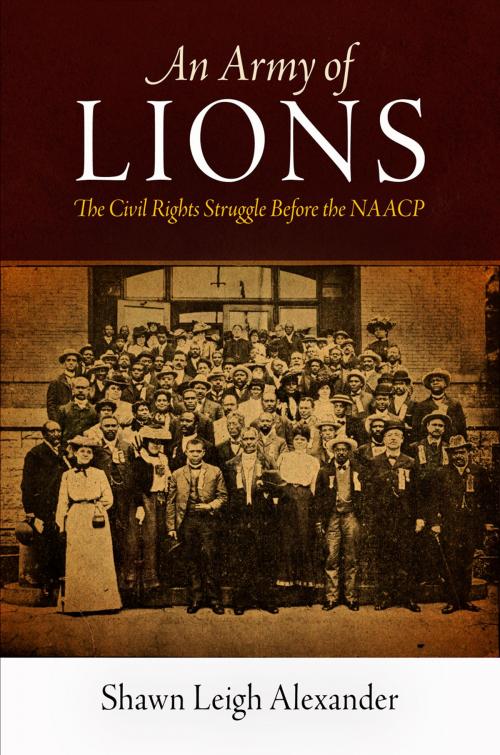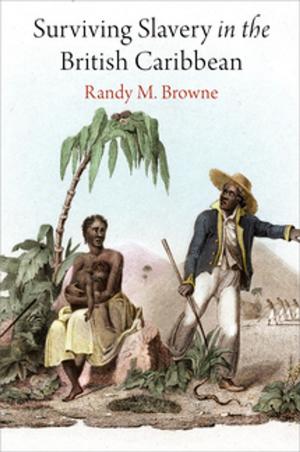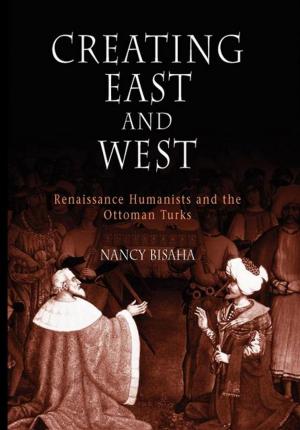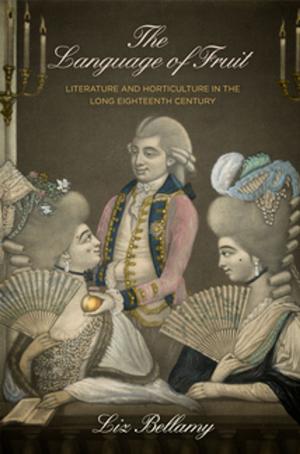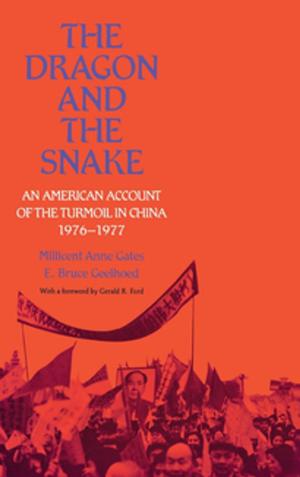An Army of Lions
The Civil Rights Struggle Before the NAACP
Nonfiction, Reference & Language, Law, Civil Rights, History, Americas, United States, 20th Century| Author: | Shawn Leigh Alexander | ISBN: | 9780812205725 |
| Publisher: | University of Pennsylvania Press, Inc. | Publication: | September 28, 2011 |
| Imprint: | University of Pennsylvania Press | Language: | English |
| Author: | Shawn Leigh Alexander |
| ISBN: | 9780812205725 |
| Publisher: | University of Pennsylvania Press, Inc. |
| Publication: | September 28, 2011 |
| Imprint: | University of Pennsylvania Press |
| Language: | English |
In January 1890, journalist T. Thomas Fortune stood before a delegation of African American activists in Chicago and declared, "We know our rights and have the courage to defend them," as together they formed the Afro-American League, the nation's first national civil rights organization. Over the next two decades, Fortune and his fellow activists organized, agitated, and, in the process, created the foundation for the modern civil rights movement.
An Army of Lions: The Civil Rights Struggle Before the NAACP traces the history of this first generation of activists and the organizations they formed to give the most comprehensive account of black America's struggle for civil rights from the end of Reconstruction to the formation of the National Association for the Advancement of Colored People in 1909. Here a host of leaders neglected by posterity—Bishop Alexander Walters, Mary Church Terrell, Jesse Lawson, Lewis G. Jordan, Kelly Miller, George H. White, Frederick McGhee, Archibald Grimké—worked alongside the more familiar figures of Ida B. Wells-Barnett, W. E. B. Du Bois, and Booker T. Washington, who are viewed through a fresh lens.
As Jim Crow curtailed modes of political protest and legal redress, members of the Afro-American League and the organizations that formed in its wake—including the Afro-American Council, the Niagara Movement, the Constitution League, and the Committee of Twelve—used propaganda, moral suasion, boycotts, lobbying, electoral office, and the courts, as well as the call for self-defense, to end disfranchisement, segregation, and racial violence. In the process, the League and the organizations it spawned provided the ideological and strategic blueprint of the NAACP and the struggle for civil rights in the twentieth century, demonstrating that there was significant and effective agitation during "the age of accommodation."
In January 1890, journalist T. Thomas Fortune stood before a delegation of African American activists in Chicago and declared, "We know our rights and have the courage to defend them," as together they formed the Afro-American League, the nation's first national civil rights organization. Over the next two decades, Fortune and his fellow activists organized, agitated, and, in the process, created the foundation for the modern civil rights movement.
An Army of Lions: The Civil Rights Struggle Before the NAACP traces the history of this first generation of activists and the organizations they formed to give the most comprehensive account of black America's struggle for civil rights from the end of Reconstruction to the formation of the National Association for the Advancement of Colored People in 1909. Here a host of leaders neglected by posterity—Bishop Alexander Walters, Mary Church Terrell, Jesse Lawson, Lewis G. Jordan, Kelly Miller, George H. White, Frederick McGhee, Archibald Grimké—worked alongside the more familiar figures of Ida B. Wells-Barnett, W. E. B. Du Bois, and Booker T. Washington, who are viewed through a fresh lens.
As Jim Crow curtailed modes of political protest and legal redress, members of the Afro-American League and the organizations that formed in its wake—including the Afro-American Council, the Niagara Movement, the Constitution League, and the Committee of Twelve—used propaganda, moral suasion, boycotts, lobbying, electoral office, and the courts, as well as the call for self-defense, to end disfranchisement, segregation, and racial violence. In the process, the League and the organizations it spawned provided the ideological and strategic blueprint of the NAACP and the struggle for civil rights in the twentieth century, demonstrating that there was significant and effective agitation during "the age of accommodation."
